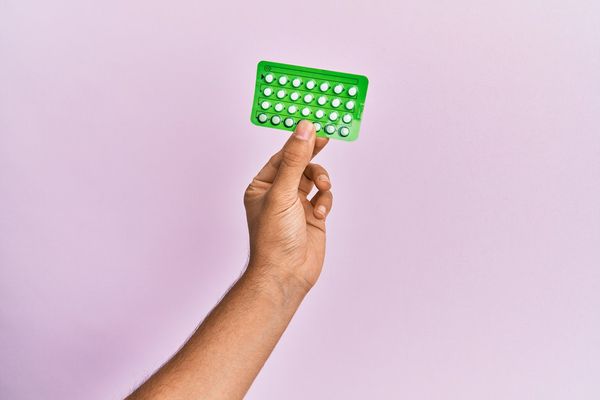Were you considering Essure—the flexible implantable contraceptive device approved by the Food and Drug Administration in 2002—and wondering what your other options may be after Bayer's decision to voluntarily discontinue sales in the United States at the end of this year?
Essure manufacturer Bayer announced that it will voluntarily stop selling the device inside the U.S. at the end of this year.
Women who already have Essure successfully in place and have questions should first speak with their health care provider. Bayer also offers support services on its website and via a customer care call center (1-888-84-BAYER).
While women who currently have Essure successfully placed may continue to rely on the device—read more here—there are alternative options for women who do not have Essure. Although these may not be permanent, like Essure or tubal ligation (a.k.a., having your "tubes tied"), they are effective.
Here are some of the most popular options to discuss with your health care professional to help you decide which option is right for you. (Note that some contain hormones; if you've had breast cancer or have migraines, you might be advised against using them.)
- Tubal ligation This common surgical procedure for permanent birth control requires general anesthesia. Small incisions are made in your abdomen and your fallopian tubes are cut, tied or blocked, making it impossible for an egg and sperm to meet. This procedure typically cannot be reversed and will not affect your period. However, if your tubes are removed, it may decrease your risk of ovarian cancer. Potential complications include blood clots, damage to your bowel, bladder or major blood vessels and adverse effects to anesthesia.
- Birth Control Implant A thin tiny rod about the size of a matchstick is inserted into your arm to release hormones that prevent pregnancy for up to four years. It can be removed if you wish to become pregnant — and can be used while breastfeeding.
- IUD A tiny flexible plastic device shaped like a "T" and placed in your uterus, an intrauterine device is designed for long-term use, but can be reversed if you choose to become pregnant. Depending on the type you use, IUDs work to block or trap sperm or to prevent ovulation.
- Birth Control Shot This once-every-three-month injection contains the hormone progestin, which prevents ovulation. It's extremely effective, but you must remember to get your shots on time. It may also cause temporary bone thinning; however, bone density usually will return after you stop using the shot (except for women who have gone through menopause).
- Birth Control Vaginal Ring This is a small ring worn inside the vagina and replaced monthly. It works by releasing hormones (the same used in birth control pills) into your body to stop ovulation.
- Birth Control Patch Worn either on your abdomen, upper arm, buttocks or back, the patch releases hormones that are absorbed through your skin. It's replaced every week for three weeks, with one week off before repeating the cycle.
Want more even more options? Check out our excellent rundown of birth control options. From the pill and condoms to diaphragms and cervical caps, each method offers varying effectiveness you can consider. Talk to your HCP to find the right one for you.






